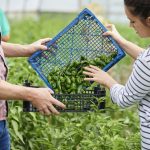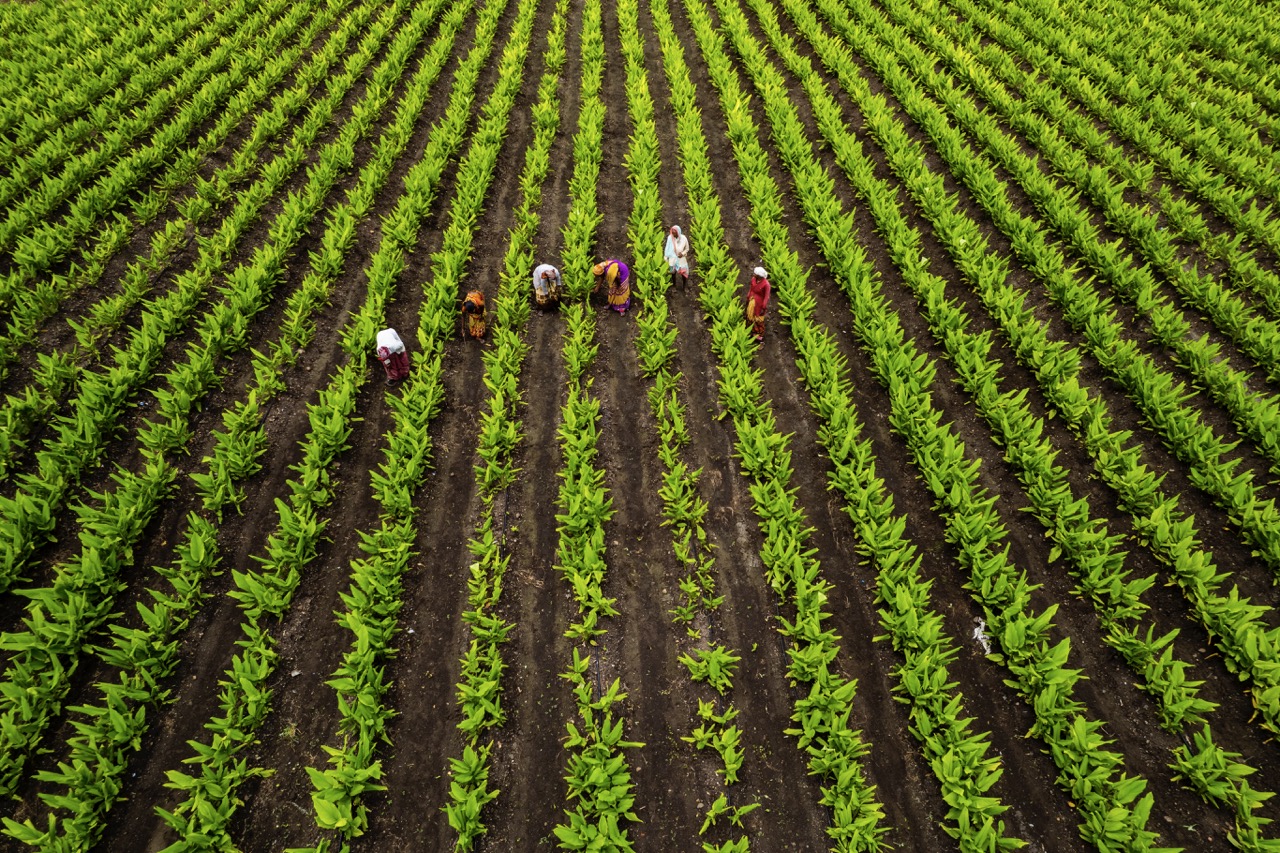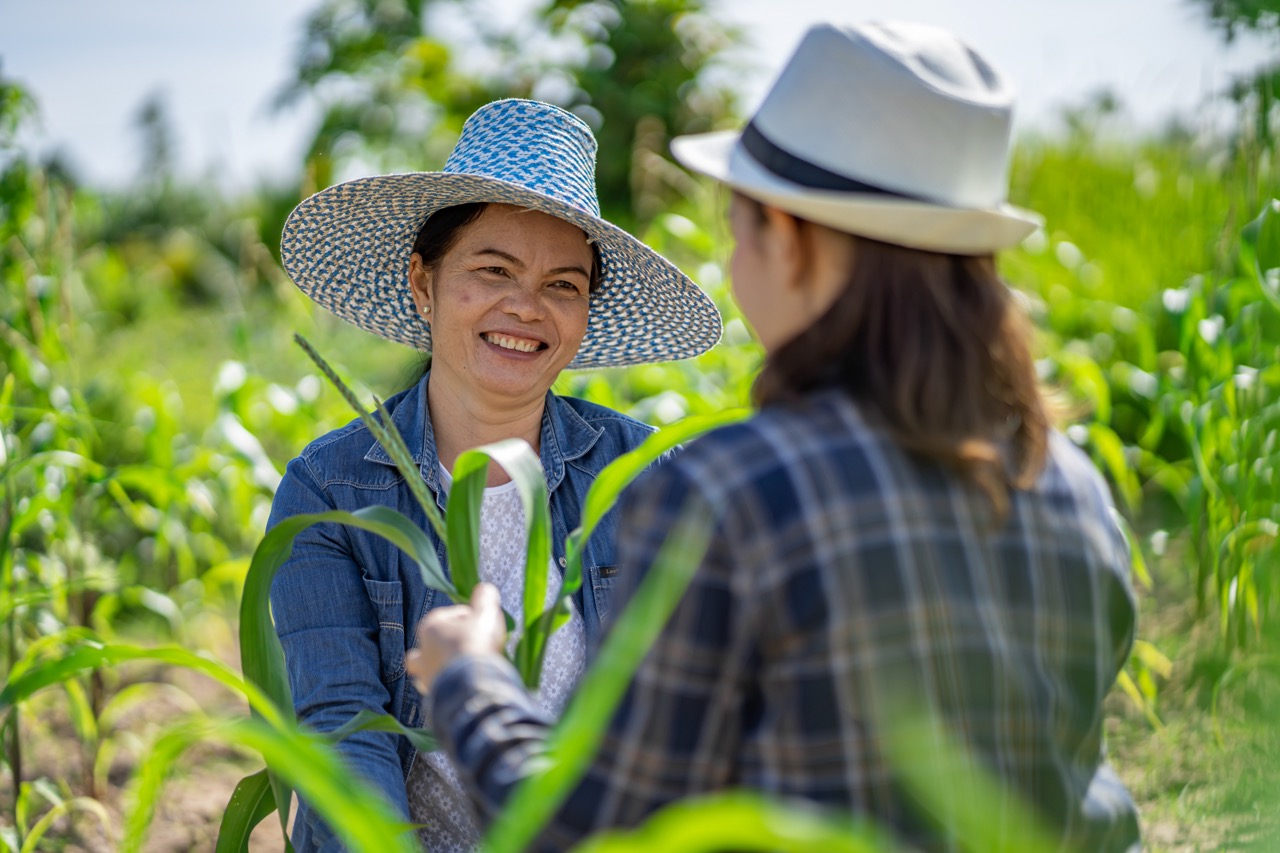In an era marked by climate change, population growth, and dwindling natural resources, sustainable agriculture has emerged as a critical solution to ensure food security and environmental health. This approach not only focuses on producing food in ways that minimize ecological damage but also emphasizes the importance of educational initiatives and research innovations. As we delve into the multifaceted aspects of sustainable agriculture, it becomes clear that education and research play indispensable roles in fostering a resilient agricultural sector capable of meeting the needs of future generations.
Understanding Sustainable Agriculture: A Foundation for the Future
Sustainable agriculture is an integrated system that seeks to optimize farming practices while safeguarding environmental, economic, and social well-being. At its core, it emphasizes techniques that enhance soil health, conserve water, and promote biodiversity, while also ensuring that agricultural practices are economically viable for farmers. This holistic perspective is essential as it recognizes that the health of agricultural systems is inextricably linked to the well-being of our planet and its inhabitants.
The principles of sustainable agriculture underscore the importance of long-term viability over short-term gains. By adopting practices such as crop rotation, agroforestry, and organic farming, sustainable agriculture aims to create systems that not only produce food but also restore and protect natural ecosystems. This foundational understanding is crucial for stakeholders across the agricultural spectrum, from policymakers to consumers, as it lays the groundwork for promoting sustainable practices that benefit both people and the planet.
Moreover, the global emphasis on sustainability has led to increased awareness and demand for food produced through environmentally friendly methods. Consumers are becoming more conscious of the environmental impacts of their food choices, driving a shift in how food is produced and marketed. This evolving landscape highlights the need for ongoing education and research to ensure that sustainable agriculture can adapt to changing consumer preferences while continuing to address the pressing challenges of our time.
The Role of Education in Promoting Sustainable Practices
Education serves as a powerful catalyst in the transition toward sustainable agricultural practices. By equipping farmers with knowledge about sustainable techniques, educators can empower them to implement practices that improve productivity while maintaining ecological balance. Agricultural education programs, workshops, and training initiatives have become essential tools for disseminating information on topics such as soil management, pest control, and water conservation.
Furthermore, education is vital for raising awareness among consumers about the importance of supporting sustainable agriculture. By increasing public understanding of how food is produced, consumers can make informed choices that align with their values, thereby driving demand for sustainably produced goods. This consumer engagement not only supports local economies but also incentivizes farmers to adopt eco-friendly practices, creating a positive feedback loop that benefits all stakeholders involved.
Lastly, incorporating sustainable agriculture into formal education systems, from primary schools to universities, can cultivate a generation of environmentally aware leaders and innovators. Integrating sustainability concepts into curricula ensures that future farmers, scientists, and policymakers are equipped with the knowledge and skills necessary to tackle the challenges associated with agricultural production and environmental stewardship. This long-term investment in education is crucial for cultivating a sustainable agricultural landscape for years to come.
Innovative Research: Driving Change in Agricultural Methods
Research is the backbone of progress in sustainable agriculture, providing the evidence and insights needed to develop effective solutions for complex agricultural challenges. Innovative research is paving the way for practices that enhance productivity while minimizing environmental impacts. Recent advancements in areas such as precision agriculture, biotechnology, and agroecology have revolutionized how farmers approach crop production and resource management.
One of the most significant contributions of research is the development of precision agriculture technologies, which leverage data analytics and satellite imagery to optimize farming practices. These technologies enable farmers to make informed decisions about resource allocation, reducing waste and increasing yields. By utilizing tools such as soil sensors and drones, farmers can monitor crop health and apply inputs more efficiently, leading to sustainable outcomes that benefit both their operations and the environment.
Additionally, collaborative research initiatives involving universities, governmental agencies, and industry stakeholders are fostering innovation in sustainable agriculture. By pooling resources and expertise, these partnerships can address local and global agricultural issues more effectively. This collaborative approach not only accelerates the development of new practices and technologies but also ensures that research findings are translated into actionable strategies that farmers can implement on the ground.
Bridging the Gap: Collaboration Between Educators and Farmers
The successful implementation of sustainable agriculture relies on effective collaboration between educators and farmers. By fostering strong partnerships, educators can develop tailored training programs that address the specific needs of local agricultural communities. This synergy between education and practice ensures that farmers have access to the latest research and resources needed to adapt their methods for sustainability.
Moreover, farmer input is invaluable in shaping educational programs. Their firsthand experience and insights can guide educators in creating relevant curricula that resonate with agricultural realities. This two-way exchange of knowledge not only enhances the educational experience but also builds a sense of community and shared purpose among stakeholders committed to advancing sustainable agriculture.
Furthermore, initiatives that promote farmer-led research, such as participatory action research, are gaining traction in the sustainable agriculture movement. These initiatives empower farmers to conduct research alongside scientists, experimenting with new practices and sharing their findings with the broader community. This collaborative approach not only enhances the practical relevance of research but also fosters a culture of innovation and continuous improvement in agricultural methods.
In conclusion, the importance of education and research in sustainable agriculture cannot be overstated. These elements form the backbone of a resilient agricultural system capable of addressing the challenges of food production in a rapidly changing world. By fostering a culture of knowledge exchange and collaboration, we can empower farmers to adopt sustainable practices and drive innovations that promote ecological balance and food security. As we move forward, it is imperative that we prioritize educational initiatives and research investments to cultivate a sustainable agricultural future for generations to come.








